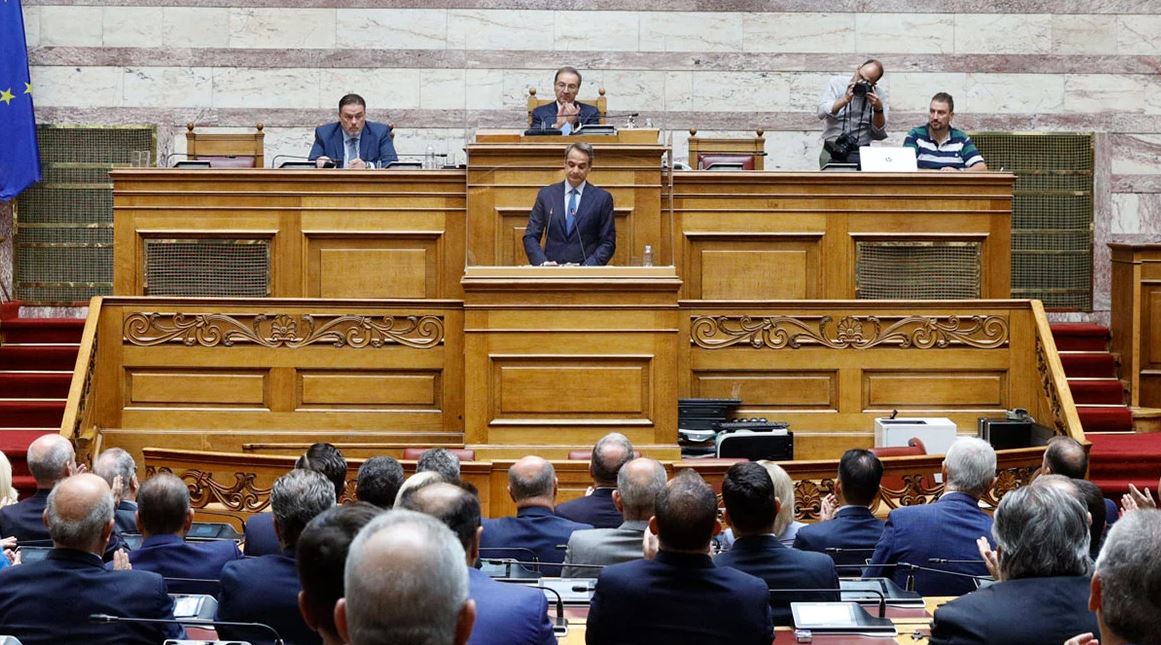Berlin expressed its support for the Greek positions, through the representative of the Ministry of Foreign Affairs, noting that the memorandum signed by Turkey and Libya has no legal force and does not bind Athens.
It is a principle of international law that two states cannot conclude an agreement at the expense of a third state, she stated about the memorandum signed by Libya and Ankara on hydrocarbons and she emphasized that “Greece is not bound by it and in that sense it has no legal effect”, adding “for a detailed assessment of this recent step I will have to come back.”
Israel, Cyprus to resolve disagreement over maritime gas field
The US disapproves of the Libya-Turkey deal
Meanwhile, yesterday, the US government expressed its disapproval of the deal signed by Turkey and Libya on Monday, reminding of the Libyan government’s obligations under the country’s road map.
The spokesman answered a question from Greek correspondents in Washington about the memorandum signed between Ankara and Tripoli on hydrocarbons, saying that all parties should refrain from actions that risk increasing tensions in the Eastern Mediterranean.
As he noted, “although we are aware of the reports on the signing of a memorandum of understanding between the government of Turkey and the interim government of Libya, we have not yet seen the text. We note that the Libyan interim government is obliged under the provisions of the Libyan Forum for Political Dialogue (LPDF) road map not to consider new agreements that harm the stability of the Libyan state’s external relations or impose long-term obligations on it. We will refer you to the governments of Turkey and Libya for the outcome of the recent discussions. We call on all parties to refrain from actions that risk increasing tensions in the Eastern Mediterranean”.



































